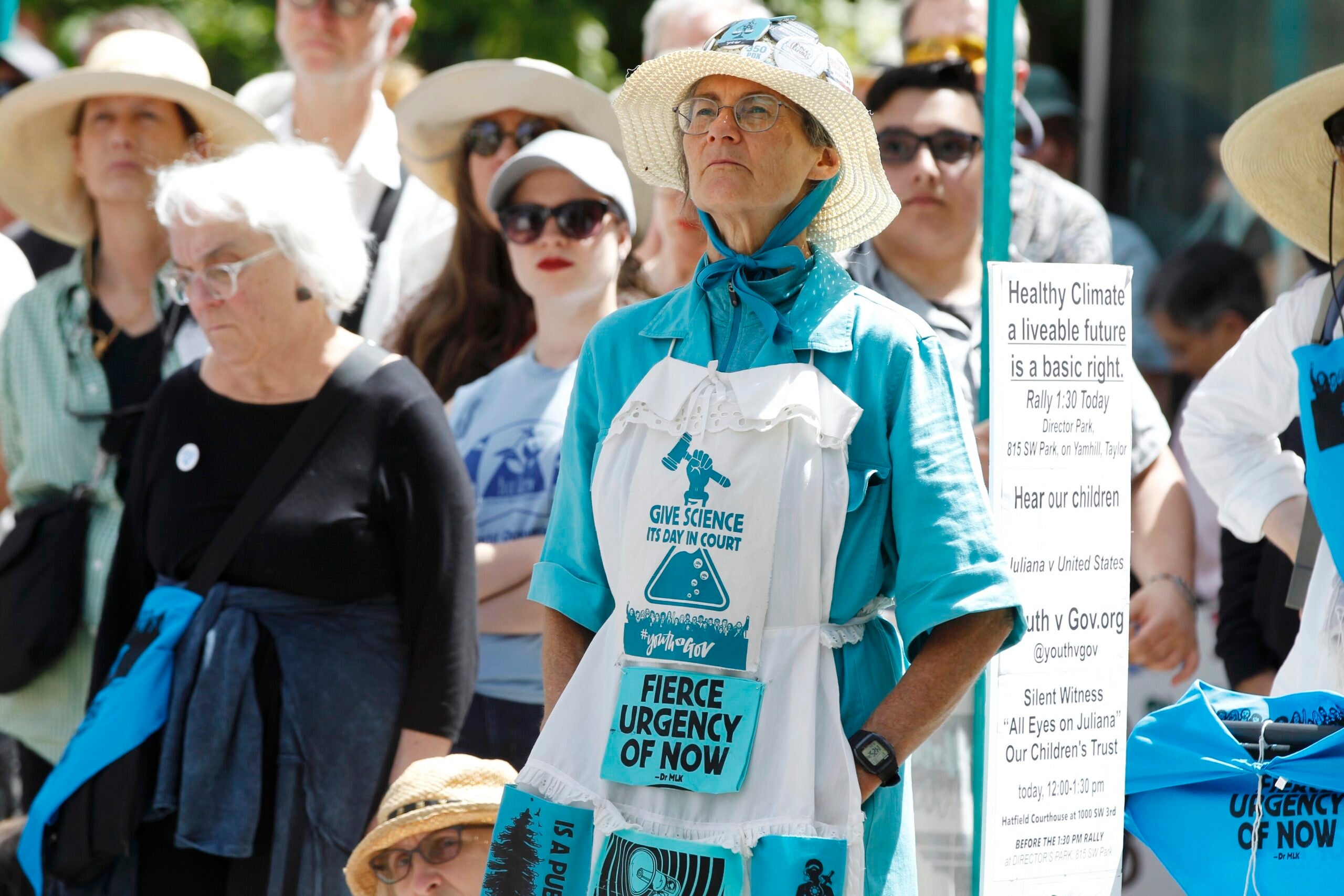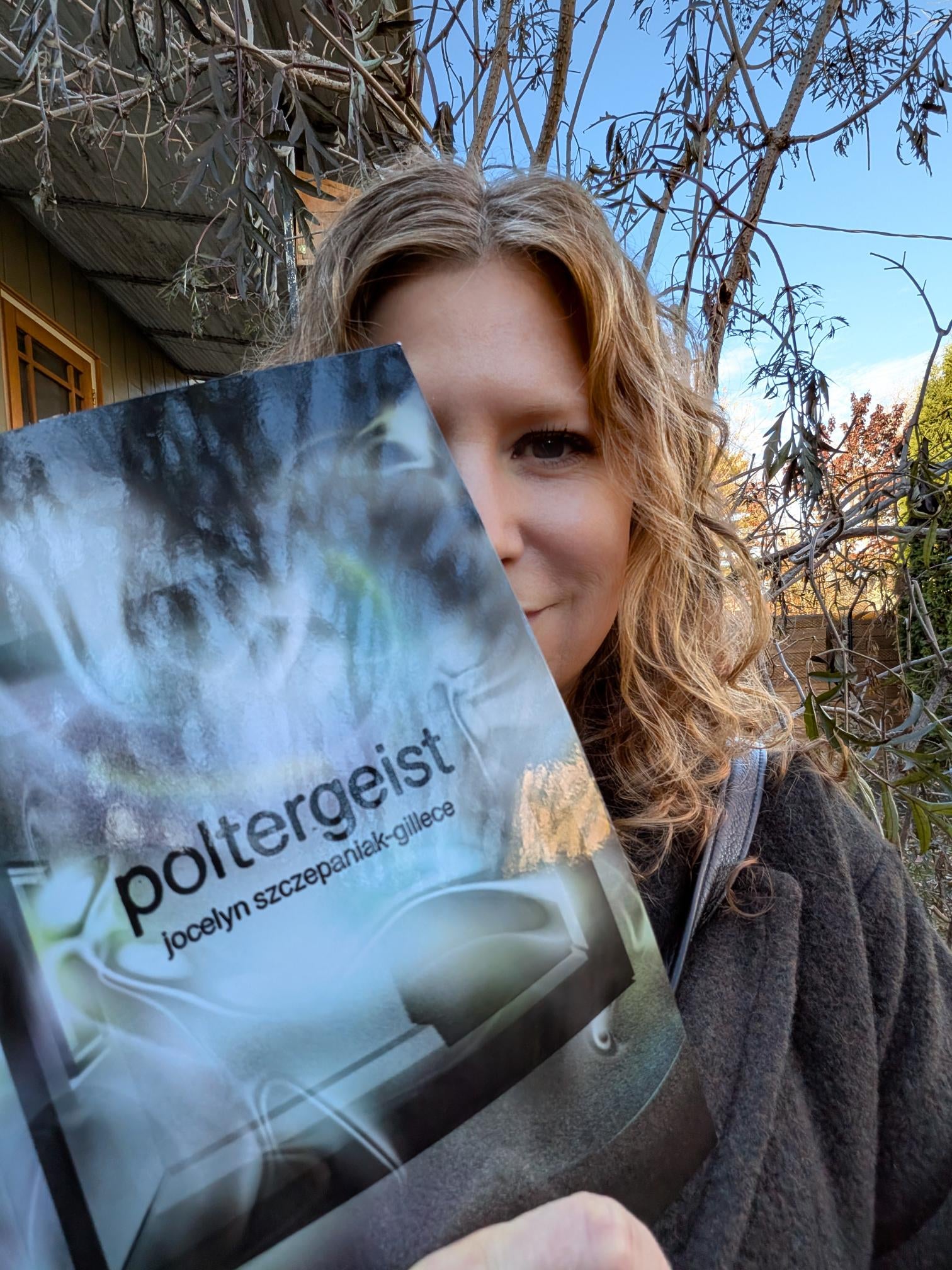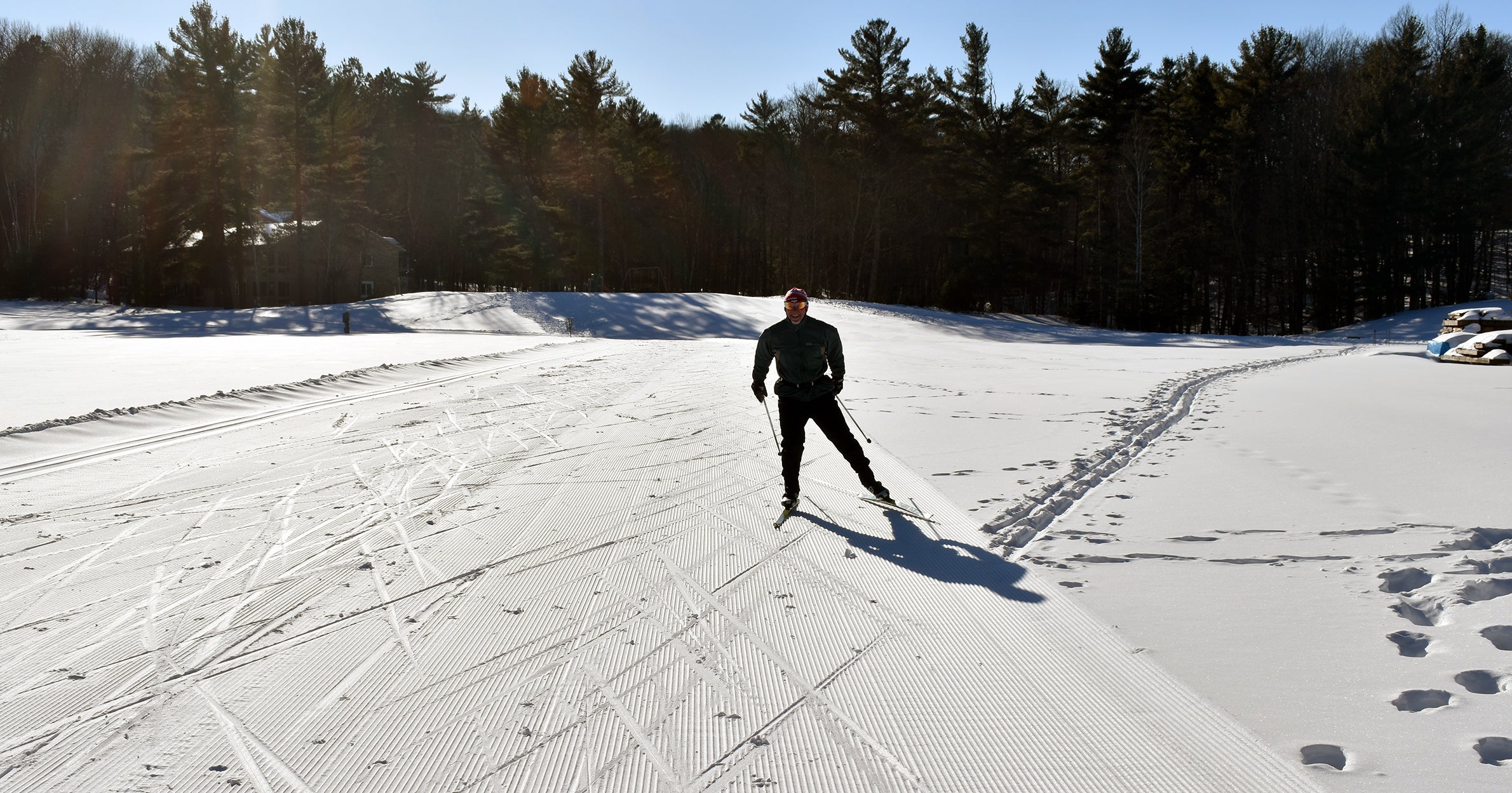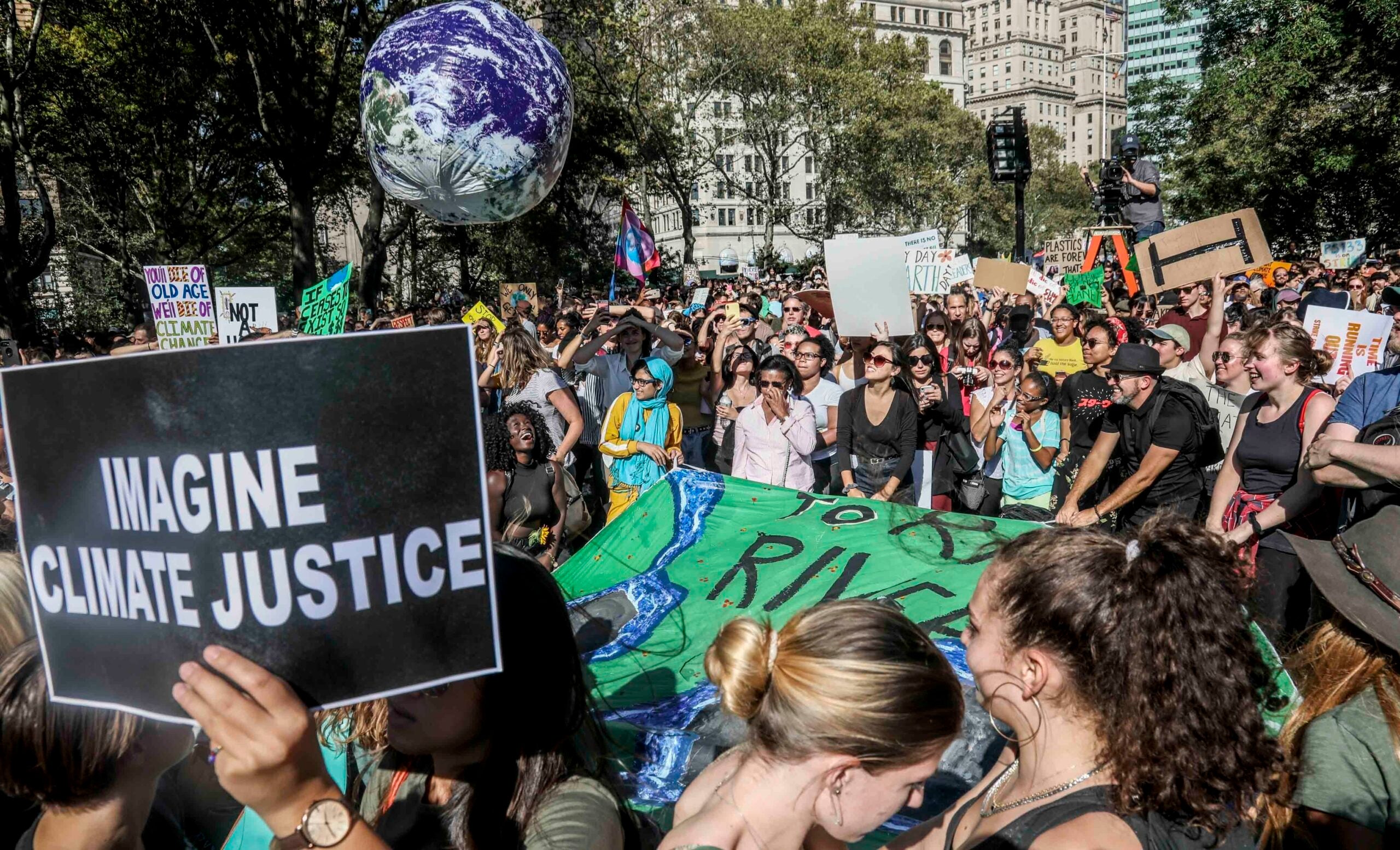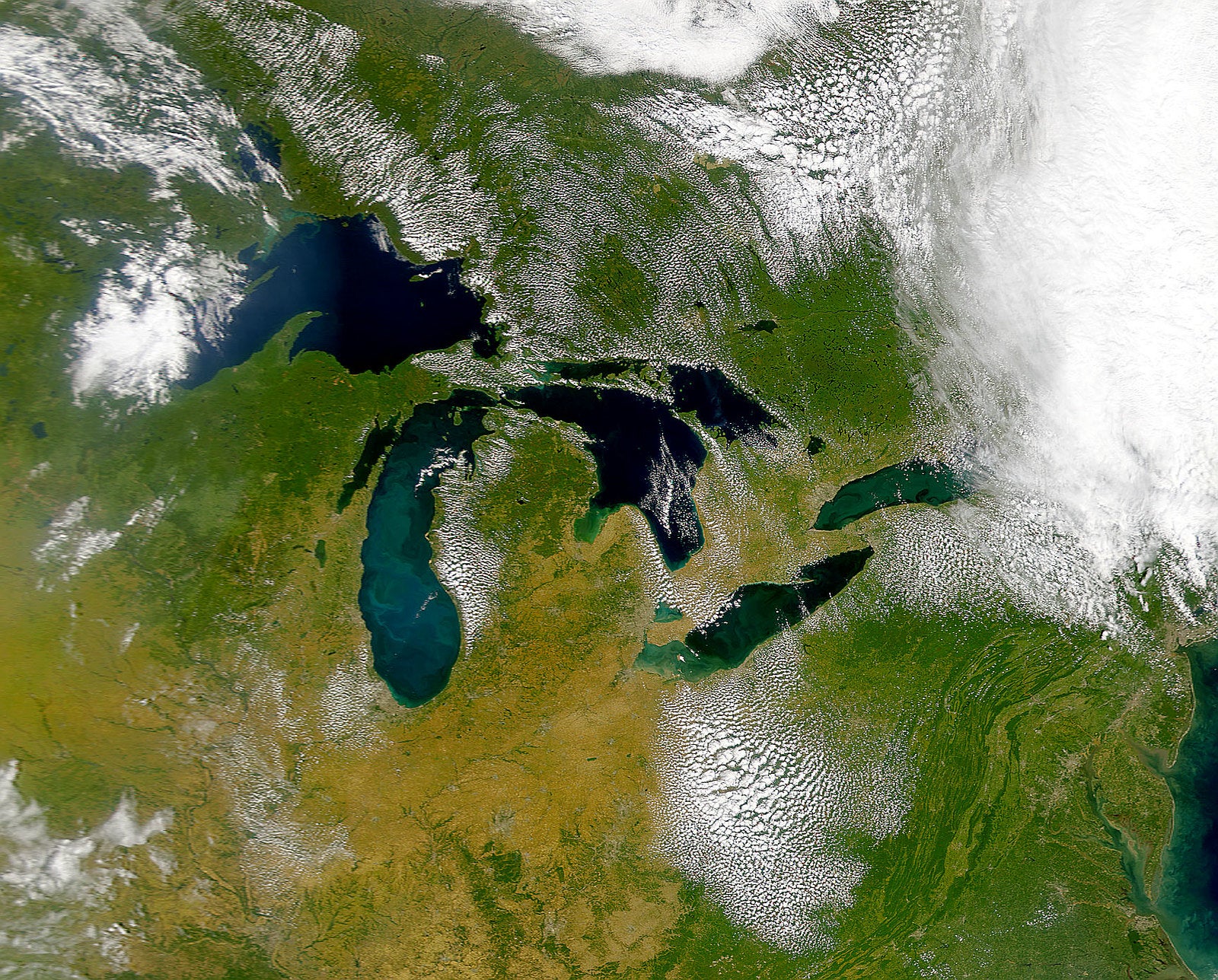
Lawrence MacDonald was born in 1954 and is a member of the generation he said was once called the most promising: the baby boomers.
MacDonald makes the claim that with a population topping 70 million, baby boomers are primed to significantly impact what the future looks like when it comes to climate and a warming planet.
News with a little more humanity
WPR’s “Wisconsin Today” newsletter keeps you connected to the state you love without feeling overwhelmed. No paywall. No agenda. No corporate filter.
MacDonald is the author of “Am I Too Old To Save The Planet? A Boomer’s Guide to Climate Action.” In it, he outlines ways that people of the generation born from 1946 to 1963 can reclaim the fighting spirit they connected with in their younger years to help drive action to stop the effects of climate change.
“We turned out in the millions for the first Earth Day. We organized to end the war in Vietnam. We were active in the Civil Rights movement, the women’s rights movement, the gay rights movement,” he said. “It came to climate change. We dropped the ball, and I’m calling on my readers to reconnect with their youthful ideals.”
During “The Larry Meiller Show,” MacDonald said that although climate change is a discouraging topic, he tried hard to model the tone of climate scientist and evangelical Christian Katharine Hayhoe, who said the one superpower we have, that we’re not using, is to talk about it.
“A lot of people know that it’s a big problem, but they’re afraid to talk about it,” Macdonald said. “We can find ways to talk about this, and we can find ways to make a difference.”
This interview has been edited for clarity and brevity.
Larry Meiller: The first section of your book was really interesting to me because, as you say, boomers were kind of front and center for a lot of things. And you describe in the book how we, the boomer generation, might’ve kind of fallen away from that. Talk a bit about that.
Lawrence MacDonald: Well, I think there are a few things at work.
One is it became a problem at this stage when we were moving from our youthful idealism into building our careers and buying homes and buying our cars and raising our children. So we were not in that youthful, rebellious stage.
The other thing is that fossil fuel companies lied to us. They spent hundreds of millions of dollars to persuade Americans that it’s not a problem. And if it is a problem, it’s not caused by human activities. And if it is caused by human activities, it won’t really come to roost for a long time. And they’re still at it trying to deceive us. So we were easily distracted.
But there’s a third thing I mentioned in the book, which is there were some elements in boomer culture, and I’m part of that culture — I wonder if any of you remember that phrase “Be here, now?” Well, “be here now” is kind of the opposite of worrying about climate change — that happens in the future. (The idea of) don’t trust anyone over 30 led to a kind of distrust of experts that I think we’re currently seeing in elements of the boomer generation distrusting things like public health advice about vaccines.
So there was an element to boomer culture that made us very susceptible to being distracted and caring more about our personal lives than we did about the welfare of society.
And because the United States is the largest cumulative emitter — many people think China is the biggest emitter, but it’s the excess carbon in the atmosphere now that is cooking the planet, and the largest single share of that came from the United States — our failure to act had global implications.
Larry Meiller: You outline six ways people can take action right now. Can you talk about those?
Lawrence MacDonald: My list, Larry, of the six things is:
Stop wasting food and eat less meat, because that can both save us money and meat is a major source of emissions.
Drive less; walk, bike, take public transport more.
Move your money out of fossil fuel investments:
There are 70 million of us, 70 million boomers, and we do control 70 percent of the country’s wealth. There’s a section in the book that describes one of the easiest things we can do is to move our money, to take it out of the big banks that are insisting on investing in new fossil fuel projects. Put it in a local Wisconsin credit union instead, or find an investment vehicle that does not invest in fossil fuels. If enough boomers moved our money, we could make a big difference.
Upgrade your car to an EV.
Install rooftop solar or participate in a community solar program.
Fly less or not at all:
Aviation is only about 2 or 3 percent of global emissions, but for most of us, getting on an airplane is the highest emitting activity that we will ever do. And only about 10 or 15 percent of the world ever gets on a flight at all. So it’s really a luxury activity. I personally have cut back on my flying.
But I also argue in the book that personal action, and even the idea of carbon footprint, is really designed by the oil industry to distract us from the need for rapid change in the system. So, if you can avoid flying, please do. But even if you still feel that you need to or want to fly, you can still make a big difference by pushing our leaders and our elected representatives to act.
My main point is don’t get stuck at personal action. Every one of us can do these, do some of these personal actions, but also find a way to participate with others.
As I say in the beginning of the book, journalists and scientists are reluctant to use language that’s going to scare people. So they say things like “avoiding the worst impacts of climate change.”
But when we say “avoiding the worst impacts of climate change,” what we really mean is keeping temperatures low enough that people will still be able to raise food in India, keeping temperatures low enough that we don’t get a meter of sea level rise in the next two or three decades.
So, we’re right at the brink. Last year was the hottest year on record. Next year will almost certainly be hotter than that. The time is very short and the principal action, if it was ever sufficient, is no longer enough.
So, by all means, drive less, God bless you. Ride your bike. That’s a good idea. But also reach out. Find a group that suits you and your skills and work for rapid systemic change.
That’s what we boomers did in our youth with the first Earth Day and our organizing in opposition to the war in Vietnam, the Women’s Rights Movement. And that’s what we are called upon to do now.
Wisconsin Public Radio, © Copyright 2026, Board of Regents of the University of Wisconsin System and Wisconsin Educational Communications Board.

